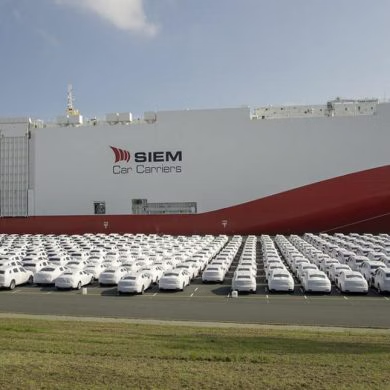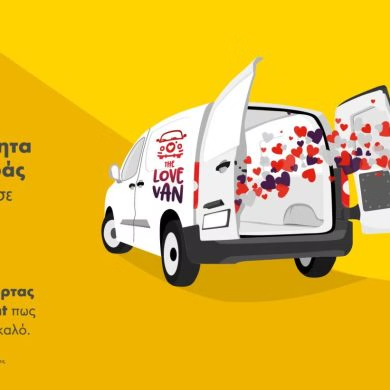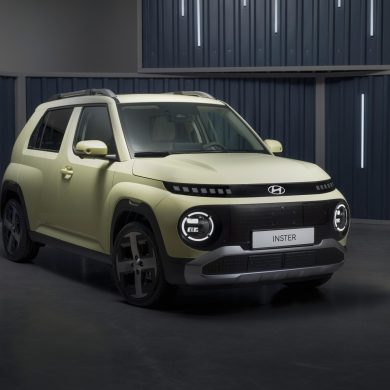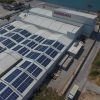
Combating global warming is one of the most important global challenges. Volkswagen is committed to the Paris Agreement on Climate Change and is rapidly promoting both environmentally friendly automotive technologies and green production methods. The entire Volkswagen Group is committed to a CO₂-neutral environmental footprint by 2050.
The focus on electromobility contributes positively to the above linkages, as the battery electric car has the best environmental performance among all types of cars. This is the result of a large number of scientific studies in Germany, including by the Fraunhofer Institute, the Federal Environment Ministry and the Agora Verkehrswende think tank.

The Volkswagen Group aims to become the global leader in electromobility in the coming years and is investing a total of €33 billion to achieve this goal by the end of 2024, with Volkswagen leading the way. By 2029, the Group will have up to 75 pure electric models on the market and a total of 26 million electric cars on the market.
The technical and economic backbone of the Volkswagen Group's electric offensive is the modular electrification platform (MEB - Modularer E-Antriebs Baukasten). Around 20 million Group electric vehicles planned by 2029 will be based on it. This architecture, specially designed for electric drive systems, offers a long range of up to 550 kilometres, ample interior space and an outstanding degree of energy efficiency.

The ID.3 is the first MEB-based electric car, with the ID.4, Volkswagen's first pure electric SUV, to follow in the coming months. Both vehicles will be delivered with a climate-neutral CO₂ balance. Globally, by 2022, Volkswagen will convert eight of its plants to produce MEB-based vehicles.
For the ID. model family, Volkswagen is focusing on the entire life cycle of the electric car - from raw material extraction to production and recycling. The company follows a clear principle: wherever possible, CO₂ emissions are avoided. If this is not fully feasible, emissions are reduced as much as possible. Emissions that cannot currently be avoided are offset by investments in climate protection projects.

And when it comes to the lifespan of an ID. model, Volkswagen offers many opportunities to charge the electric car with climate-friendly electricity. For example, in Germany, the Volkswagen Naturstrom network is available for home charging. For every kilowatt-hour consumed by the customer, the same amount of electricity from renewable sources such as wind, solar or hydroelectric power is fed back into the grid. Currently, most of the electricity comes from hydroelectric power stations in Germany, Austria and Switzerland.
But also at the production level, Volkswagen is constantly reducing its ecological footprint. The Zwickau electric vehicle plant, where the ID.3 and ID.4 are built, is one of the pioneers in this field: it uses only externally certified electricity from renewable sources. It also has a highly efficient thermal power plant, which is able to run on CO₂-neutral gas. The buildings and systems are continuously optimised for energy efficiency, for example by using frequency-controlled fans and pumps. In this way, electricity, water and heat requirements are continuously reduced.

Green electricity is also used in battery production by suppliers, where energy demands are high. Since 1 July 2019, Volkswagen has been testing its suppliers according to a global sustainability rating. In 2019, the survey included around 12,000 suppliers and almost 1,300 sustainability audits were carried out.
The transition to a carbon-neutral economy also holds a great economic opportunity. "With Volkswagen's strategic goal of becoming the world's leading provider of electromobility, a focus on consistent carbonisation can be a strong competitive advantage," said Georg Kell, spokesman for Volkswagen's independent sustainability council. "In any case, it offers the best way to a path to a safe and economically successful future on a planet worth living on," he added.






